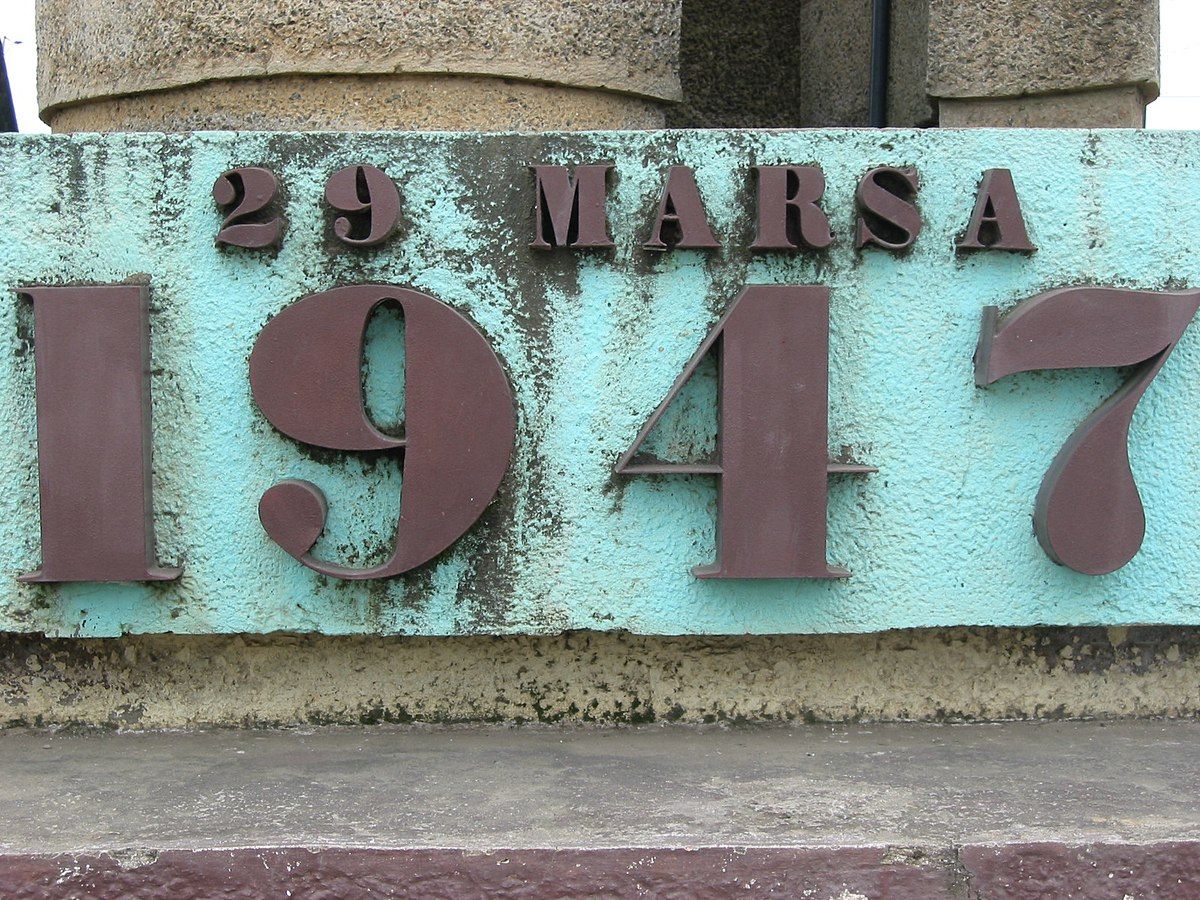Roads Out French Empire: Imaginaries and Realities of the 1947 Malagasy Uprising
Published: 28 October 2024
Thursday 7 November 2024
Scottish Centre for War Studies and Conflict Archaeology
Global History Research Cluster
“Roads Out French Empire: Imaginaries and Realities of the 1947 Malagasy Uprising”
Dr Sarah Dunstan, University of Glasgow
Thursday, 7 November, 2024, 5:15pm
10 University Gardens, McKechnie Room
Minutes before midnight on March 29, 1947, hundreds of Malagasy soldiers launched simultaneous attacks on a French military camp at the town of Moramanga on the east of Madagascar. Spurred on by rumours of United States military support, the Malagasy insurgents reclaimed from French control a huge swathe of the island. Inspired by anti-colonial rhetoric of the Atlantic Charter and the newly formed United Nations, as well as the political instability of Fourth Republic France, Malagasy politicians such as Joseph Raseta and Joseph Ravoahangy believed the time had come to seize their independence. In response, the French Premier Paul Ramadier dispatched 18,000 soldiers to deal with the revolt. By the conflict’s end in December 1948, approximately 90,000 Malagasy people had died—some in combat, some in prison and others from disease and starvation. The Madagascan people did not gain their independence from France for another twelve years.
This talk will detail the events of the uprising itself, as well as the implications of the event within the nascent French Fourth Republic. It will show how cycles of resistance and repression were constituent parts of the French Fourth Union’s relationship with colonial populations despite tentative legislative commitments to reconfiguring the relationship between the metropole and the colonies. The prison in Moramanga where the torture, interrogation and imprisonment of many of the Malagasy people took place will be a significant prism through which to understand this moment. As such, the testimony of those few who survived the experience—such as that of the politician Jacques Rabemananjara—alongside photographs, newspaper coverage and official French records, will be key to reconstructing this story.

First published: 28 October 2024
<< Seminars

